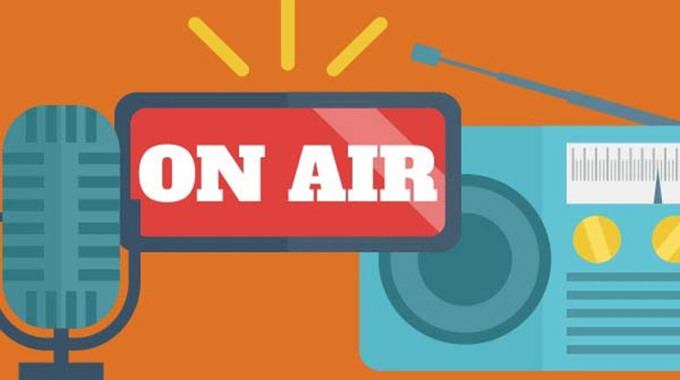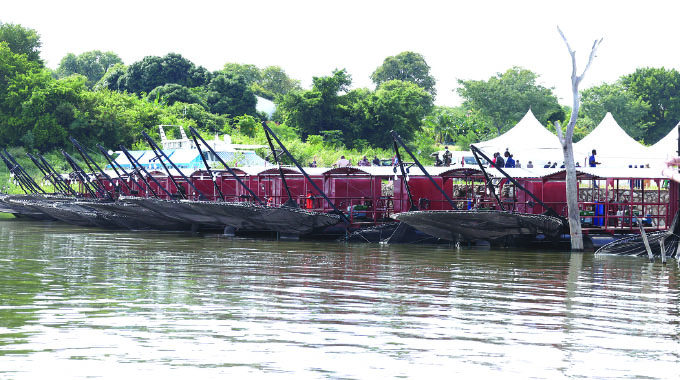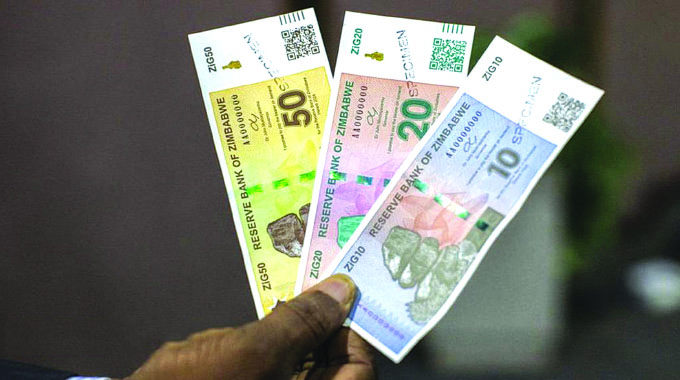World Radio Day: Promote free speech

Beaven Dhliwayo Features Writer
Today Zimbabwe joins the rest of the globe in commemorating World Radio Day (WRD) to raise greater awareness among the public and the media of the importance of radio.
The day encourages decision makers to establish and provide access to information through radio; as well as to enhance networking and international cooperation among broadcasters.
Zimbabwe’s commemorations are being held in Gweru, and are running under the theme, “Radio and Diversity”.
Information, Publicity and Broadcasting Services Minister Monica Mutsvangwa will deliver the keynote address at the event, which will also be headlined by two panels of discussions.
The first panel include regulators, broadcasters, as well as other media experts, with authorities from Broadcasting Authority of Zimbabwe (BAZ), Zimbabwe Association of Community Radio Stations (ZACRAs), and Transmedia.
The second panel will comprise the general public and experts who can make logical submissions as the discussions are aiming to discuss issues to do with media diversity, plurality and legal framework, among other issues related to radio.
This year’s theme is very critical for Zimbabwe and should be the guideline for the Second Republic in shaping the country’s media, which is essential to democracy.
The theme for this year’s WRD is divided into three main sub-themes: advocating for pluralism in radio, including a mix of public, private and community broadcasters; encouraging representation in the newsroom, with teams comprised of diverse society groups and promoting a diversity of editorial content and programme types reflecting the variety of the audiences.
President Mnangagwa is clear on the issue and promised citizens that freedom of speech, of assembly and the right to criticise the Government is protected by his administration.
The theme of the day aligns well with the Sustainable Development Goals (SDGs) set by the UN General Assembly in 2015.
SDG 16 is concerned with issues of democracy and peace as prerequisites for equitable and sustainable development.
It states that: “When freedom of expression and safety of journalists are protected, the media can play a vital role in preventing conflict and in supporting peaceful democratic processes.”
SDG 16.10 urges states to “ensure public access to information and protect fundamental freedoms in accordance with national legislation and international agreements.”
Hence, radio can help address a country’s predicaments as it is a powerful medium for celebrating humanity in all its diversity and constitutes a platform for democratic discourse.
At the global level, radio remains the most widely consumed medium.
In Zimbabwe, both rural and urban folks have access to radio more than any other medium.
Radio channels can now be accessed on most mobile phones and on the Internet, which makes it the most efficient of all media platforms.
This unique ability to reach out the widest audience means radio can shape a society’s experience of diversity, stand as an arena for all voices to speak out, be represented and heard.
The country’s radio stations should serve diverse communities, offer a wide variety of programmes, viewpoints and content, and reflect the diversity of audiences in their organisations and operations.
The nation should utilise radio to the maximum because it is a low-cost medium specifically suitable for reaching remote communities and vulnerable people.
Radio also offers a platform to intervene in the public debate irrespective of people’s educational level. It also plays a crucial role in emergency communication and disaster relief. Radio is uniquely positioned to bring communities together and foster positive dialogue for change.
By listening to its audiences and responding to their needs, radio provide the diversity of views and voices needed to address the challenges we all face.
Going forward, all established radio stations and those to be introduced should uphold diversity, both in their newsrooms and on the airwaves.
The Government is working on establishing 10 new community radio stations countrywide in the first quarter of 2020 to empower marginalised communities through universal access to information.
According to reports, the pilot project will be targeting local communities whose dialects are not on air.
Binga and Hwange will be the two districts to benefit in Matabeleland North.
Other stations will be established in Plumtree and Gwanda in Matabeleland South, as well as in Shamva, Chikombedzi, Chipinge, Nyanga and Chimanimani.
This is a noble cause as radio brings people together.
In a globalised environment and the ever-changing media landscape, radio retains a special place in every community as an accessible source of vital news and information.
Worth noting is that radio is a source of innovation that opened up interaction with audiences and user-generated content decades before they became mainstream.
Radio offers a wonderful display of diversity in its formats, in its languages, and among radio professionals themselves.
This should continue guiding the country when it comes to radio policies.
The development of policy environments conducive for transparency and diversity of media ownership is the keystone to a pluralistic, inclusive and democratic radio sector.
Zimbabwe can enjoy the benefits of radio through equal opportunities and fair treatment policies.
These policies should check discrimination based on factors such as gender, origin, sexual orientation, religion, age, social and socio-economic backgrounds and political affiliation.
If this is achieved, the country’s radio stations could gain multi-cultural teams that bring along different perspectives on issues, opinions and stories, thus enhancing their credibility to the listeners.
A diverse and representative radio workforce is not only important for countering discrimination and ensuring gender representation, it is crucial for creativity and relevance of content.
On the technological front, the country should not be left behind because technological advances are also participating in diversifying the radio sector.
For example, Digital Audio Broadcasting (DAB): a technology used by radio stations to broadcast digitally, which increases the choice of stations available to listeners, with more stations being able to broadcast in the same areas on less frequency space than necessary for FM and AM radio.
DAB radio offer additional information and features, such as the display of programme and song played, or the ability to pause and even record live broadcast, further enriching the radio experience.
While the country strives to achieve the SDGs, reach an upper-middle income economy by 2030 and tackle the climate crisis, radio has a key role to play as a source of information and inspiration alike.
On this World Radio Day, Zimbabweans should recognise the enduring power of radio to promote diversity and help build a more peaceful and inclusive country and the world at large.







Comments